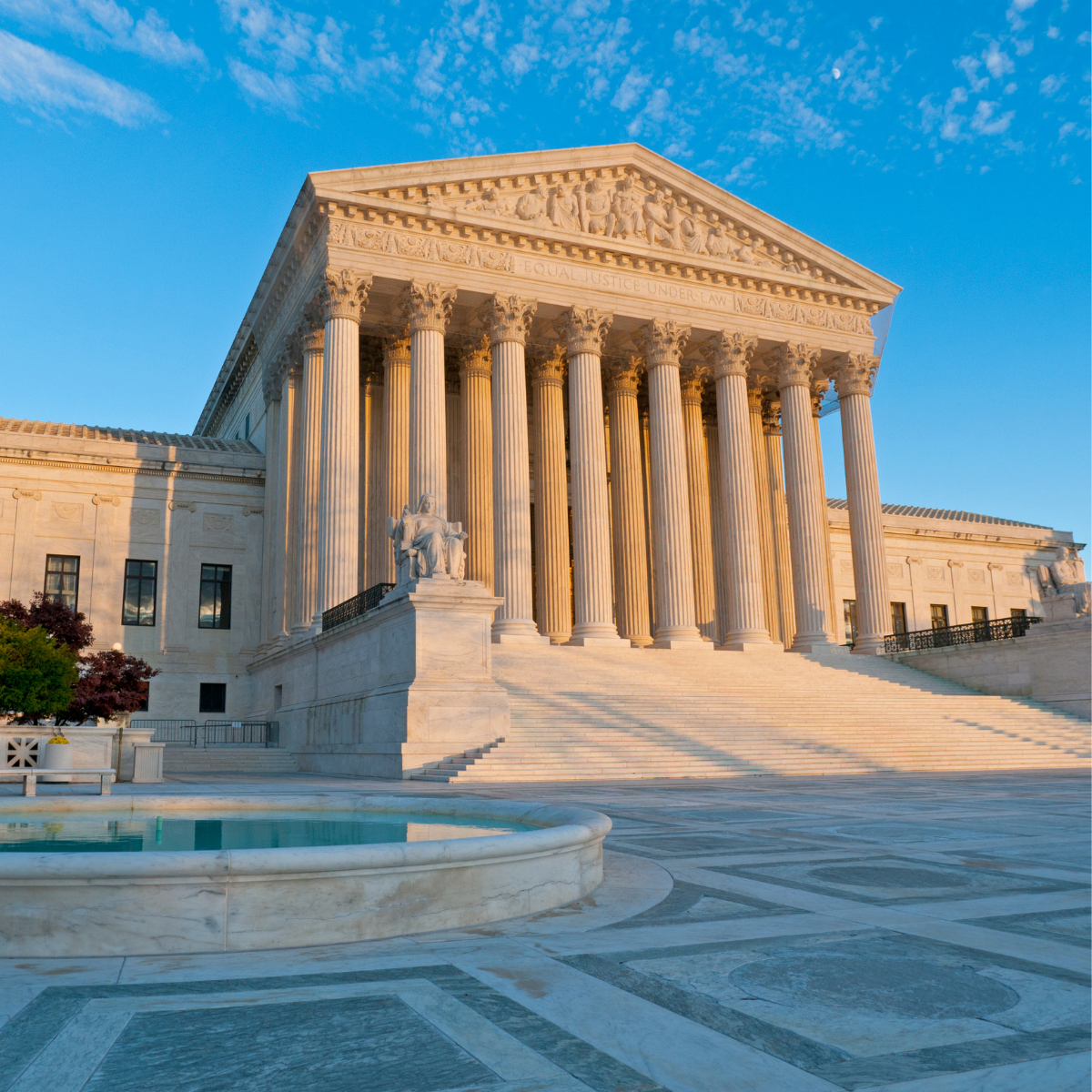 Jun 24th, 2024
Jun 24th, 2024Disclosing Gender Identity to Parents; the US Supreme Court Fails to Weigh In
On May 24, 2024, the U.S. Supreme Court denied the petition for a writ of certiorari filed by John and Jane Parents against the Montgomery County Board of Education, effectively upholding the decision of the Fourth Circuit Court of Appeals dismissing the Parents’ challenge to the Board of Education’s Student Gender Identity guidelines.
Montgomery County School Board adopted guidelines requiring its schools to proactively work with transgender and gender nonconforming students to develop a plan to ensure the student’s equal access to participate in all school programs and activities. Similar to NYSED’s 2023 guidelines, Montgomery County Schools were required to get the student’s input before discussing the student’s gender identity with the parent. In those cases where there would not be adequate parental support or where conflict was anticipated, possibly jeopardizing the safety of the student, the gender support plan would be developed without parent knowledge.
Parents filed suit in federal court contending that the Montgomery County guidelines threatened “their fundamental right to impart their sincere religious beliefs without government interference.” The District Court held that the guidelines did not violate the parents’ rights to raise their children. The Parents appealed to the U.S. Court of Appeals for the 4th Circuit, which said the Parents did not have “standing,” or failed to show harm, because there was no evidence the guidelines applied to their child or that the school had deemed the Parents unsupportive and thus kept information from them. The Parents sought a ruling in their favor from the U.S. Supreme Court.
Montgomery County School Board opposed the Parents’ request for Supreme Court review, arguing that there was no evidence of “injury” to the Parents and that the Guidelines did not violate fundamental parental rights. It argued that the Guidelines are narrowly tailored to further the District’s “compelling interests” in protecting student safety and ensuring a safe, welcoming school environment where students feel accepted and valued; in not discriminating against transgender and gender nonconforming students; and in protecting student privacy. As such, it argued that the U.S. Supreme Court should not review the case.
The U.S. Supreme Court denied the Parents’ request for review. As is customary for the Supreme Court when denying a writ of certiorari, no rationale was offered. That leaves the lower court’s dismissal of the lawsuit intact.
While the ruling is not indicative of how the highest court would rule on a parent’s claim that guidelines such as that in Montgomery County, and as publicized by NYSED, violate their due process right to raise their children, it does tell us that the U.S. Supreme Court will require any challenge to be made by a parent actually impacted by the guidelines. It also tells us that the U.S. Supreme Court may not be anxious to weigh in on the merits of the underlying arguments, or that it is waiting for precisely the right case before electing to do so.
Balancing the rights of students and families while navigating the constitutional considerations, the requirements imposed by the New York State Human Rights Law, and NYSED guidelines pertaining to transgender-related issues presents practical and legal challenges. A careful case-by-case analysis of the individual facts and relevant legal considerations is essential to effectively supporting transgender students and their families.




